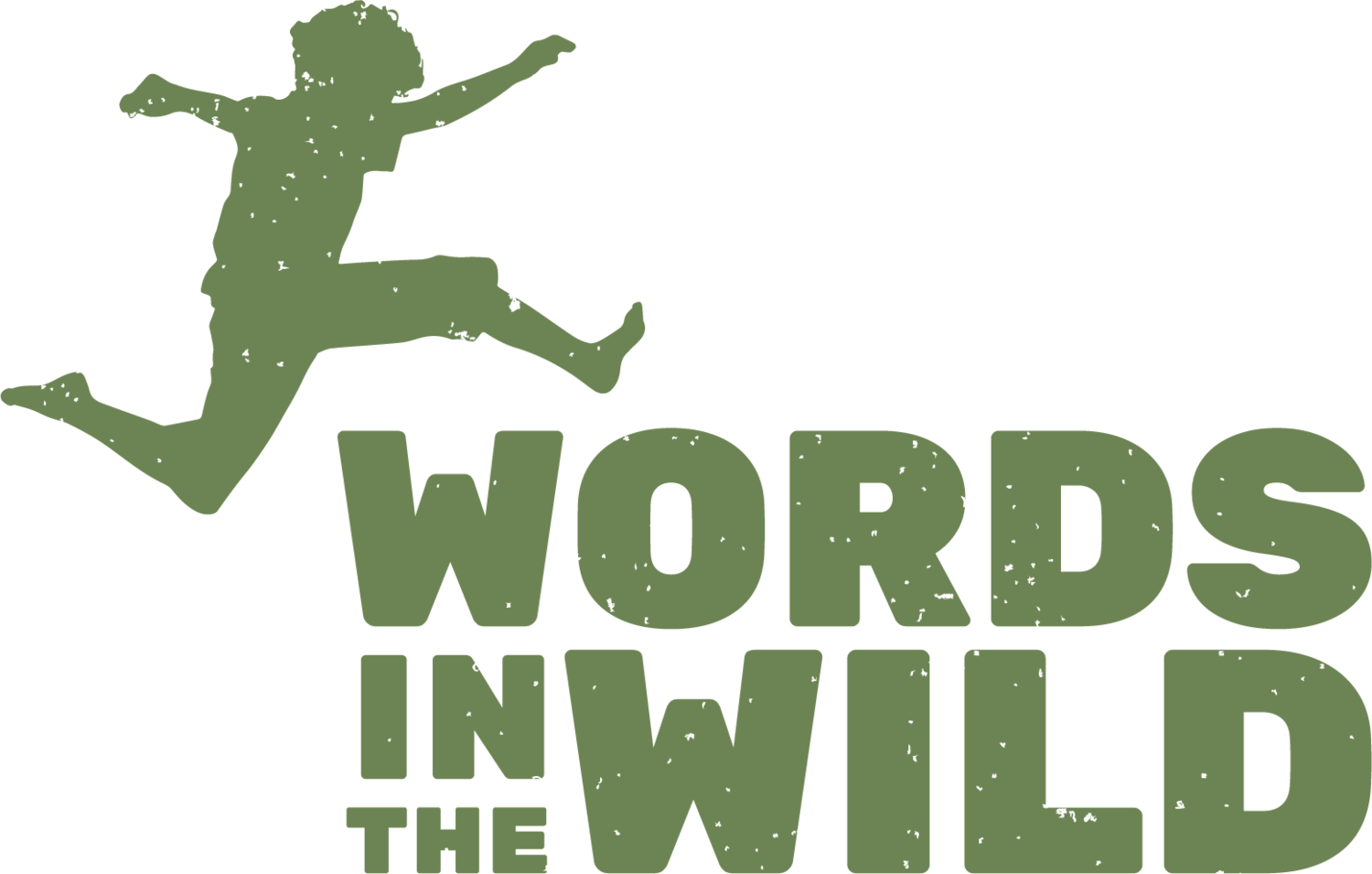Stress-Less Holidays: How to Plan with Your Kids and Build Executive Function Skills
December is one of my favorite months, mostly because my mom made the holidays absolutely magical for me as a child. As an adult, I look back and am in awe of how much planning she did to make the entire month incredible — skills I now know we can deliberately teach children.
While that made some beautiful holiday memories for me, it’s important to balance behind-the-scenes magic with involving and teaching your children how to plan. December is the perfect month to do this.
As an executive function coach now, I love incorporating executive function skills into daily life in easy ways, especially as a means to reduce stress. With four big holidays in December — Winter Solstice, Christmas, Hanukkah, and Kwanzaa — there are plenty of opportunities to model and teach time management, planning, and organization skills to children of all ages.
Looking ahead on the calendar with your child is an easy way to help your child develop their planning skills while also priming your child so they aren’t surprised by all the changes in routine. Regardless of how you celebrate, early December is a great time to sit down and have a family meeting.
Click here to download this worksheet to help with meal planning!
Here are some things to consider for that meeting:
Calendar Overview: Looking at a calendar helps kids see how planning ahead can reduce stress (knowing how their routine will change — no school, alternative childcare arrangements, etc — can be especially helpful for kids with ADHD ) and make sure nothing important gets missed… a key executive function skill.
Parties/Events: Do you have any holiday parties coming up? Other special events? Are you hosting any parties yourself?
If you’re hosting, use this as an opportunity to teach and involve your child in 1) making a menu 2) creating a shopping list 3) sending out invites and 4) planning when to pick up any special items.
Need some help with meal planning? Download this worksheet and see if your kids can help you fill it out.
Trips/Travel — If you are planning a trip, review the dates of that trip and the overall schedule so your child knows what to expect.
Grounding Traditions — If you celebrate Christmas, Advent calendars are a fun way to build a routine around counting down the days till Christmas by checking the calendar and it can also teach kids how to anticipate and prepare for upcoming events.
Invite Your Child’s Ideas and Questions — How can you include your child’s creative ideas in party planning and the holiday season overall? What are they most looking forward to? What are they wondering about? Just a reminder that if you find these skills challenging, remember that your child doesn’t yet have a developed frontal lobe so any guidance and structure you can offer is more than they currently have.
Sidenote about transitions: If you have a child with ADHD or anxiety, December can feel overwhelming because of all the changes in the normal routine. Having so much unstructured time can actually be challenging for students with ADHD. I encourage you to find ways to incorporate structure and routine somehow. Again, prepping them ahead of time for any upcoming events can be really helpful for reducing anxiety and outbursts.
The holidays are a time for joy, connection, and creating memories, but they can also be an incredible opportunity to teach your children valuable life skills that will benefit them for years to come. By involving them in planning and preparation, you’re not only lightening your load but also helping them feel included and capable.
Remember, it’s not about perfection — it’s about creating a holiday season that’s meaningful and manageable for your family. So grab the calendar, invite your kids to the table, and enjoy the magic of planning and celebrating together.
—
Guest post by Ella Holton-McCoy, M.A. Educational Therapy and Words in the Wild Teaching Fellowship graduate. Ella supports students and their grown-ups with executive function skills to help reduce stress for the entire family.


